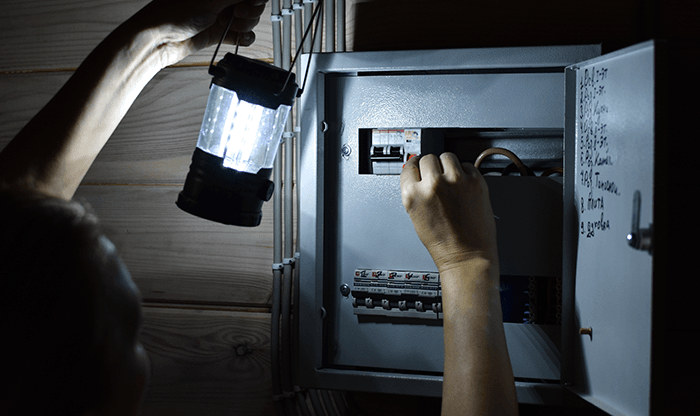Power Up Your Industry Knowledge
Blog
We've got years of experience, hundreds of industry resources, and countless pieces of advice. Here, you get access to all of that and more. Read up!
FILTERS

4/23/2024
Navigating the Shift in Power: Lithium-Ion Phosphate Versus Traditional Lead Acid in Industrial Manufacturing
In the world of industrial manufacturing, the search for efficiency, reliability, and sustainability in power systems is front and center. ...

3/12/2024
Brownouts vs. Blackouts: Understanding the Impact on Our Power Grid and Lithium Battery Backup Solutions
In an increasingly interconnected world, access to a reliable and uninterrupted supply of electricity is essential. We depend on electricity for everything from powering our homes and offices to supporting critical infrastructure and industries such as educational facilities and more. ...

12/12/2023
The Undeniable Need for Power Protection: UPS Systems vs. Battery Backups
In today's technology-driven world, power outages and fluctuations can cause significant disruptions to our daily lives and businesses. The reliance on electronic devices and the increasing demand for uninterrupted power supply have made power protection an undeniable necessity....

12/12/2023
Generation L: The Age of Lithium Battery UPS Systems
In today's fast-paced and ever-evolving world of technology, the need for a reliable and uninterrupted power supply has become more critical than ever before....

12/19/2020
Large or small, N1C can do it all with Lithium-Ion UPS Systems!
If you need to back up an entire building or a server closet, N1C can design your Uninterruptible Power Supply system with long-lasting Lithium-Ion batteries...

10/9/2019
What Should You Know About N1 Critical Lithium Ion 1, 2, 2.2 and 3kVA UPS Systems?
In the world of uninterruptible power supply (or UPS) systems, the battery is the integral component that ensures consistent power delivery during an outage....

10/7/2019
4 Effective Tactics in Improving the Efficiency of Your Data Center
Data centers are the core of virtually all businesses. They’re vital, but they can also be energy hogs....

7/16/2019
3 Practical Tips to Figure Out the Size Requirements of UPS System
There are a lot of factors that you should consider when buying a single-phase lithium ion UPS system....

6/19/2018
Power Outages Are On The Rise. Is Your Equipment Protected?
Inside Energy reporter Jordan Wirfs-Brock found a disturbing trend when she, a few years ago, analyzed United States Department of Energy power outage data from 2000 to 2014....